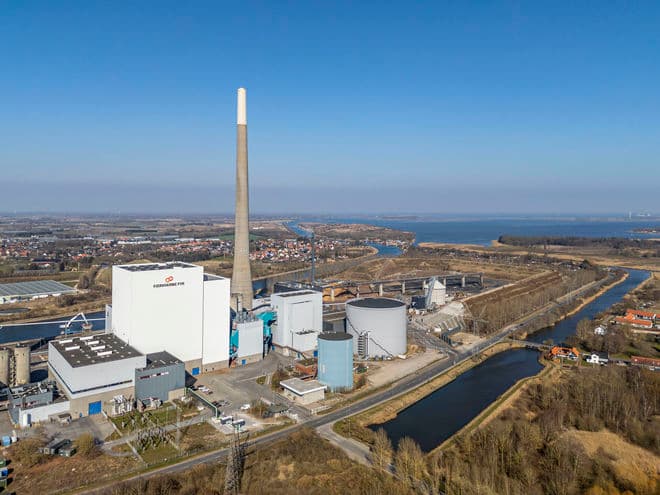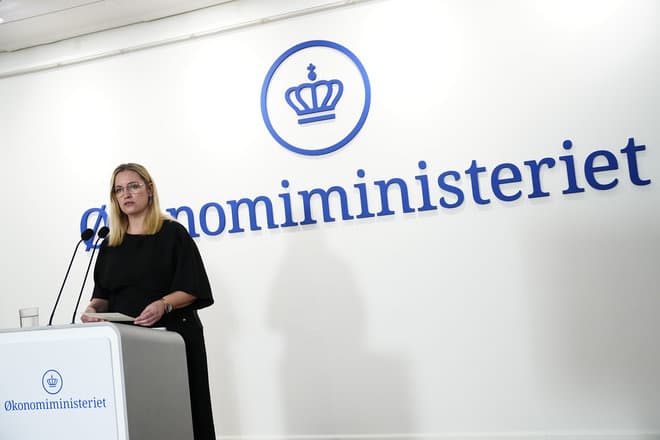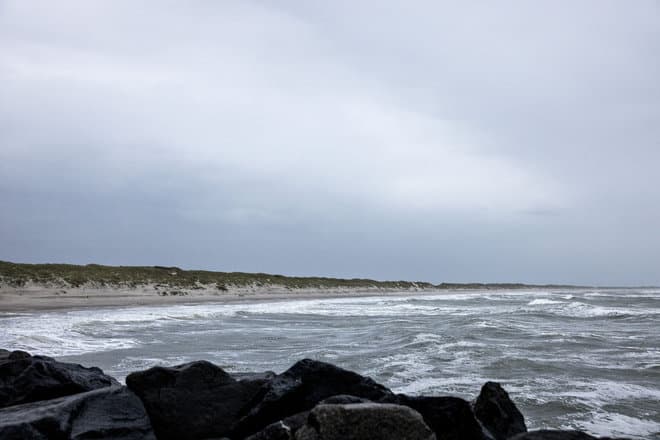
American stocks have on average performed best during periods when a Democratic president has held power in the United States. This is shown by data for stocks in the broad S&P 500 index when looking at developments after World War II.
During that period, the index has risen an average of 13 percent annually under Democratic presidents and 8.2 percent under Republican ones. However, the popularity of stocks is far from just a result of a sitting president and his political beliefs, believes Chief Strategist at PFA Pension Tine Choi Danielsen, who has drawn the figures.
- I believe that the most important thing for the stock market is the macroeconomic environment, she says.
Macroeconomics describes the overall movements in an economy. The 2008 financial crisis is a good example of Republicans ending up as the big losers in this type of calculation.
Republican George W. Bush was in power during most of the subsequent stock market downturn, while Democrat Barack Obama took over when things went the other way again.
More recently, there was the energy crisis, which forced central banks to raise interest rates under President Joe Biden. In the aftermath, many stock indexes took a serious beating. This was true in both the United States and Denmark. It can be difficult to pinpoint times when politicians have created lasting movements in the stock market on their own.
These days, however, sudden movements can be a sign of how many shareholders would prefer to see the upcoming presidential election end.
- Green stocks had a good week after Kamala Harris seemed to come out on top in a debate with Donald Trump, says Tine Choi Danielsen.
- Conversely, we saw them fall when Trump previously stood strongest after a debate with Joe Biden.
Green Danish stocks should hope for Harris
If you look at the Danish perspective, companies like Vestas and Ørsted should hope that Kamala Harris wins the election, the chief strategist believes.
- It's a question of a trade war, because if Trump wins, he's been out talking about these increased tariffs on Chinese goods in particular that are going into USA.
- And when we talk about wind energy, we are 100 percent dependent on some parts that only the Chinese can supply. This can present some challenges for green companies, says Tine Choi Danielsen.
/ritzau/
Text, graphics, images, sound, and other content on this website are protected under copyright law. DK Medier reserves all rights to the content, including the right to exploit the content for the purpose of text and data mining, cf. Section 11b of the Copyright Act and Article 4 of the DSM Directive.
Customers with IP agreements/major customer agreements may only share Danish Offshore Industry articles internally for the purpose of handling specific cases. Sharing in connection with specific cases refers to journaling, archiving, or similar uses.
Customers with a personal subscription/login may not share Danish Offshore Industry articles with individuals who do not themselves have a personal subscription to Danish Offshore Industry.
Any deviation from the above requires written consent from DK Medier.




























